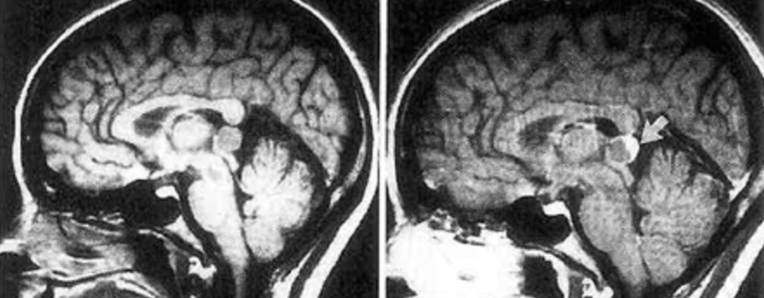Photo Credit: iStock.com/Helivideo
Recent study findings highlight the value of integrating behavioral modification and Health Belief Model–based education into plaque psoriasis management.
Psoriasis vulgaris, a chronic immune-mediated skin condition, affects approximately 2% to 3% of the global population. Despite advancements in pharmacologic treatments targeting inflammatory pathways, adherence to essential skin care regimens such as moisturizing remains low among patients.
“Addressing skin barrier repair can effectively alleviate clinical symptoms and prevent disease recurrence. Consequently, alongside conventional treatments, clinical emphasis should be placed on repairing the skin barrier,” wrote Luping Tian and colleagues in a study published in Scientific Reports. “While dermatologists acknowledge the importance of daily skin moisturizing care, enhancing patients’ adherence to it remains a significant challenge.”
The researchers investigated how combining behavioral modification and the Health Belief Model (HBM) can improve adherence to moisturizing skin care, reduce itch severity, enhance self-efficacy, and ultimately improve QOL for patients with psoriasis.
The randomized controlled trial included 108 patients diagnosed with psoriasis vulgaris between November 2022 and October 2023. Participants were divided into 2 groups: a control group receiving standard care (medication guidance and general health education) and an experimental group undergoing an enhanced intervention incorporating behavior modification and HBM-based education.
The experimental group participated in biweekly sessions focusing on personalized education, self-monitoring tools, and behavioral assessments. Outcomes were evaluated using the Pruritus Scale for itch severity, the General Self-Efficacy Scale (GSES), the MORISKY Medication Adherence Questionnaire, and the Dermatologic Quality of Life Index (DLQI).
Psoriasis Outcomes Improve
- Improved Itch Management: Both groups showed reduced itch severity after the intervention, but the experimental group demonstrated a significantly greater reduction in pruritus scores. The Pruritus Scale revealed that behavior modification and HBM education had a stronger effect on alleviating itch compared with standard care.
- Enhanced Self-Efficacy: The experimental group exhibited a larger increase in GSES scores, reflecting improved confidence in managing psoriasis. Personalized education and self-monitoring tools likely empowered patients to adhere more consistently to their care routines.
- Better Medication Adherence: MORISKY scores indicated improved adherence to medication timing and frequency and reduced self-discontinuation in the experimental group, suggesting that behavioral interventions addressed common barriers to treatment adherence.
- QOL Improvements: DLQI scores across 6 dimensions—including symptom perception, daily activities, and interpersonal relationships—improved significantly in both groups, with the experimental group showing greater overall gains. Enhanced adherence to moisturizing care played a pivotal role in reducing the physical and psychological burdens of psoriasis.
Implications for Clinical Practice
The findings highlight the value of integrating behavioral modification and HBM-based education into psoriasis management. This approach addresses common barriers, such as a lack of knowledge about the benefits of skincare, procedural misconceptions, and resistance to change. By targeting both cognitive and behavioral aspects, clinicians can empower patients to take an active role in managing their condition, the authors wrote.
“Behavior modification has been shown to significantly improve adherence to care routines in chronic conditions, fostering sustained behavioral change,” Tian and colleagues said. “In response to this cognitive behavior, efforts should be directed towards improving patients’ disease awareness, correcting poor behaviors, enhancing compliance, and alleviating symptoms.”
The authors noted several limitations, which may limit generalizability, including their study’s single-center design and short intervention period.
The authors also wrote that “While the combination of behavior modification and health belief education demonstrates significant benefits, it is important to note that these methods are supplementary and do not replace internationally recommended pharmacological therapies.”





















Create Post
Twitter/X Preview
Logout